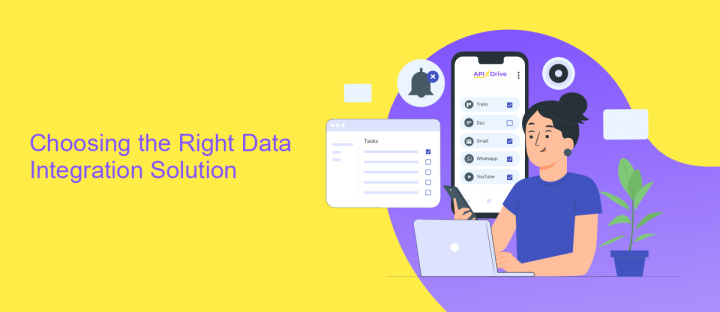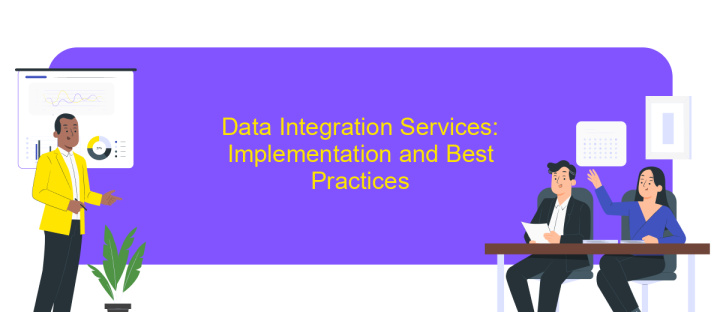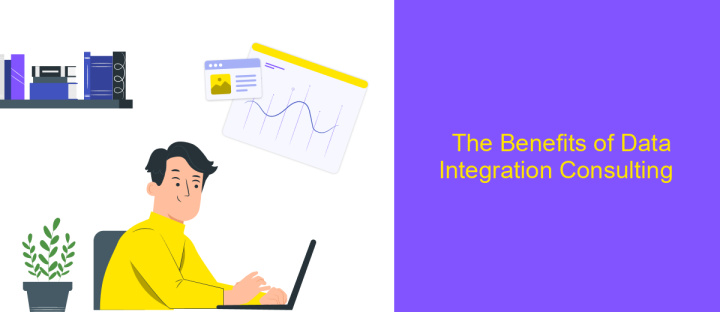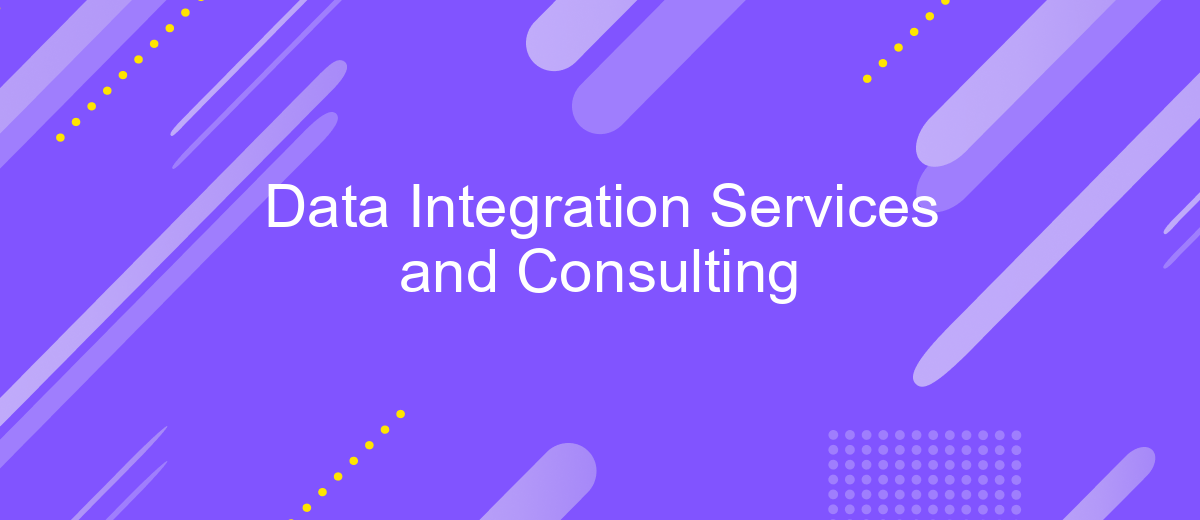Data Integration Services and Consulting
In today's data-driven world, seamless data integration is crucial for businesses aiming to harness the full potential of their information assets. Data Integration Services and Consulting provide comprehensive solutions to streamline data flow, ensuring accuracy, consistency, and accessibility across various platforms. By leveraging expert insights and cutting-edge technologies, organizations can enhance decision-making processes, improve operational efficiency, and drive innovation in an increasingly competitive landscape.
Understanding Your Data Integration Needs
Identifying your data integration needs is a crucial first step in optimizing your business processes. Understanding these needs involves assessing the types of data you handle, the sources from which you collect this data, and the goals you aim to achieve through integration. By thoroughly analyzing these aspects, you can ensure that your data integration strategy aligns with your business objectives and enhances operational efficiency.
- Evaluate the variety of data sources: databases, cloud services, APIs.
- Determine the volume and velocity of data flow.
- Identify the specific business processes that require data integration.
- Consider scalability and future growth needs.
- Assess security and compliance requirements.
Once you have a clear understanding of your data integration needs, you can select the appropriate tools and services to meet these requirements. This informed approach not only streamlines data management but also empowers your organization to make data-driven decisions with confidence. Remember, a well-planned data integration strategy is essential for maintaining a competitive edge in today's data-centric business environment.
Choosing the Right Data Integration Solution

Choosing the right data integration solution involves evaluating your organization's specific needs and the complexity of your data landscape. Start by assessing the volume and variety of data sources you need to integrate. Consider whether your solution should support real-time data processing or if batch processing will suffice. It's essential to ensure that the chosen solution can scale with your growing data needs and offer robust security features to protect sensitive information. Additionally, user-friendly interfaces and comprehensive support can significantly ease the implementation process.
When configuring integrations, leveraging services like ApiX-Drive can simplify the process. ApiX-Drive offers a no-code platform that allows you to connect various applications and automate data workflows without extensive technical skills. This can be particularly beneficial for businesses lacking dedicated IT resources. Evaluate the compatibility of the integration tool with your existing systems and its ability to provide seamless connectivity. Finally, consider the cost-effectiveness of the solution, ensuring it aligns with your budget while delivering the required functionality and flexibility for your data integration needs.
Data Integration Services: Implementation and Best Practices

Implementing data integration services requires a strategic approach to ensure seamless data flow across various systems. The initial phase involves assessing the current data architecture and identifying integration needs. This assessment helps in selecting the right tools and platforms that align with organizational goals. Data security and compliance are critical considerations during implementation, as they ensure that sensitive information is protected throughout the process.
- Define clear objectives and scope for the integration project.
- Select appropriate data integration tools and technologies.
- Ensure data quality and consistency through validation and cleansing.
- Establish robust data governance policies for compliance and security.
- Continuously monitor and optimize the integration processes.
Adopting best practices in data integration involves continuous monitoring and optimization of processes. Regular audits and updates ensure that the integration remains efficient and secure. Additionally, fostering collaboration between IT teams and business stakeholders enhances the alignment of integration efforts with business objectives. By following these best practices, organizations can achieve a unified data environment that supports informed decision-making and drives business growth.
The Benefits of Data Integration Consulting

Data integration consulting offers businesses a strategic advantage by streamlining the flow of information across various platforms. By ensuring seamless data connectivity, companies can make informed decisions faster and more accurately. This process not only enhances operational efficiency but also reduces the risk of errors that can occur when data is manually handled.
Moreover, expert consultants provide tailored solutions that align with an organization’s unique needs, ensuring that data integration is both effective and sustainable. These professionals bring a wealth of experience and knowledge, helping businesses navigate complex data landscapes with ease.
- Improved data accuracy and consistency across systems
- Enhanced decision-making through real-time data access
- Cost savings by eliminating redundant data processes
- Increased agility and adaptability to market changes
By leveraging data integration consulting, organizations can unlock the full potential of their data assets. This not only drives innovation but also fosters a competitive edge in the market. As businesses continue to evolve, the importance of effective data integration will only grow, making consulting services an invaluable asset for sustained success.
- Automate the work of an online store or landing
- Empower through integration
- Don't spend money on programmers and integrators
- Save time by automating routine tasks
Choosing a Data Integration Partner
When selecting a data integration partner, it's crucial to evaluate their expertise and experience in handling complex data environments. Look for partners who have a proven track record in managing diverse data sources and formats, ensuring seamless integration into your existing systems. They should offer a flexible approach that accommodates your specific needs, whether it's cloud-based solutions or on-premises systems. Additionally, consider their ability to provide robust security measures to protect sensitive data during the integration process.
Another key factor is the range of services offered by the partner. Comprehensive solutions like ApiX-Drive can simplify the integration process by automating workflows and connecting various applications without requiring extensive technical knowledge. This not only reduces the time and cost involved but also ensures a more efficient and reliable integration. Furthermore, assess their customer support and training resources to ensure your team can effectively utilize the integrated systems. By carefully considering these aspects, you can choose a partner that aligns with your business goals and enhances your data management capabilities.
FAQ
What is data integration, and why is it important for businesses?
How can data integration services benefit my organization?
What are some common challenges in data integration projects?
How can businesses ensure successful data integration?
Can you automate data integration processes, and how?
Time is the most valuable resource for business today. Almost half of it is wasted on routine tasks. Your employees are constantly forced to perform monotonous tasks that are difficult to classify as important and specialized. You can leave everything as it is by hiring additional employees, or you can automate most of the business processes using the ApiX-Drive online connector to get rid of unnecessary time and money expenses once and for all. The choice is yours!


